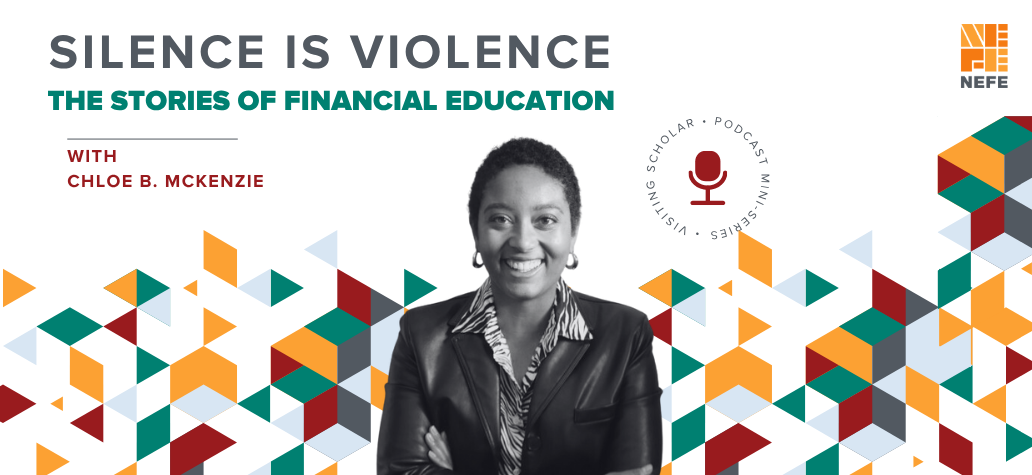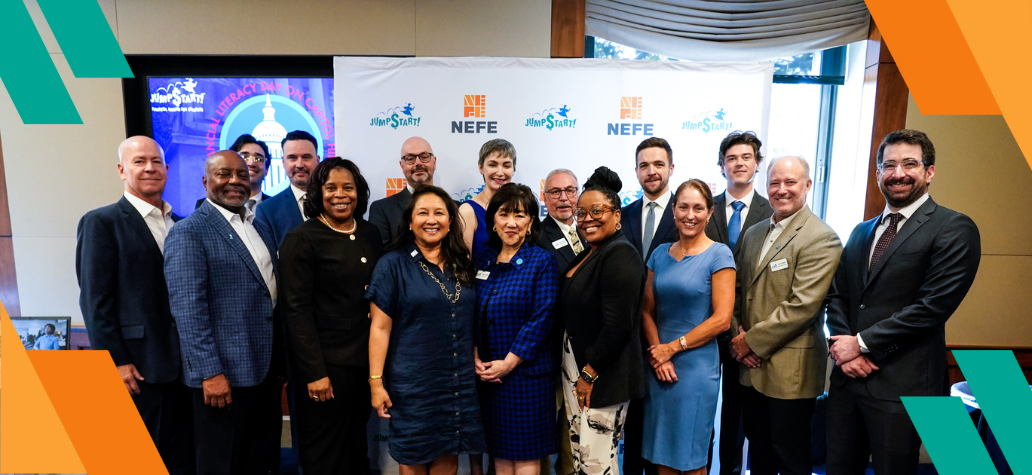DENVER—In a new nationwide opinion poll, the National Endowment for Financial Education® (NEFE®) polled U.S. adults to learn how they are assessing economic issues ahead of the national election. According to the data, 47% believe their financial life will be impacted by the outcome of the upcoming elections and 40% believe their financial life may be impacted. Additionally, a majority of respondents say the recent increase in the cost of living has had either a moderate or severe impact on their monthly budget.
“NEFE is committed to being a centralizing, nonpartisan voice in the financial education field, but we acknowledge that the ballot box is one method individuals utilize to take control of their financial well-being. As we head into November, we wanted to understand the financial concerns that Americans have now while gauging their prospects for the future. Our goal with opinion polling is always to inform financial educators, advocates and policymakers about what financial topics and educational needs are most pressing for consumers. This data not only provides us with unique information on current sentiments but also show how people may choose to voice these sentiments through their vote.”
Billy Hensley, Ph.D., president and CEO of NEFE
This new opinion poll from NEFE, conducted by Verasight from October 15-17, 2024, asked the general U.S. adult population—irregardless of their likelihood to vote in the 2024 election—about personal finance scenarios and foresight. Highlights from this poll include:
- Overall, 73% of respondents say the recent increase in the cost of living has impacted their monthly budget either moderately (38%) or severely (35%). Additionally, 18% say it has had a minor impact, 7% say it has had no impact and 2% are not sure or do not know.
- When provided a list of the most common financial stressors facing U.S. adults, the top choices respondents would choose to eliminate from their life were high prices for essential goods (59%), rent or mortgage payments (41%) and insufficient income (40%).
- 35% of respondents think they will be better off financially in four years. In contrast, 14% say they will be worse off financially in that time frame, 29% anticipate being about the same financially and 23% are unsure or do not know.
- 47% of respondents believe the results of the 2024 election will impact their financial life in the short term, 40% say it may have an impact and 14% say their financial life will not be impacted.
A breakdown of key demographic data from the poll—including age, sex, income and education—is available in the poll summary document.
The themes covered in the opinion poll mirror many of the discussions that happened at NEFE’s Financial Education Innovation & Impact Summit, an event that brought researchers, advocates, policymakers and other thought leaders from throughout the field together. The Summit celebrated successes in financial education, discussed the current state of the field and explored practical approaches for addressing gaps that would impact future success.
“Simply considering this information is not enough. It is necessary for educators, researchers and policymakers to leverage this data—in combination with all the other quality data that exists—to create solutions that improve financial well-being. These findings must be utilized to assist the public, especially those who have clearly given voice to their financial concerns,” says Hensley.
Verasight Full Methodology
Verasight surveyed 1,000 U.S. adults about their financial feelings in relation to the 2024 general election and collected data from October 15-17, 2024. The data are weighted to match the September 2024 Current Population Survey (CPS) on age, race/ethnicity, sex, income, education, region and metropolitan status, as well as to a running three-year average of partisanship distributions from the Pew Research Center NPORS benchmarking surveys and population benchmarks of 2020 presidential vote. The margin of sampling error, which accounts for the design effect and is calculated using the classical random sampling formula, is +/- 3.4%. All respondents were recruited from the Verasight Community, which is composed of individuals recruited via random address-based sampling, random person-to-person text messaging and dynamic online targeting. Unmeasured error in this or any other survey may exist. Verasight is a member of the American Association for Public Opinion Research Transparency Initiative.


